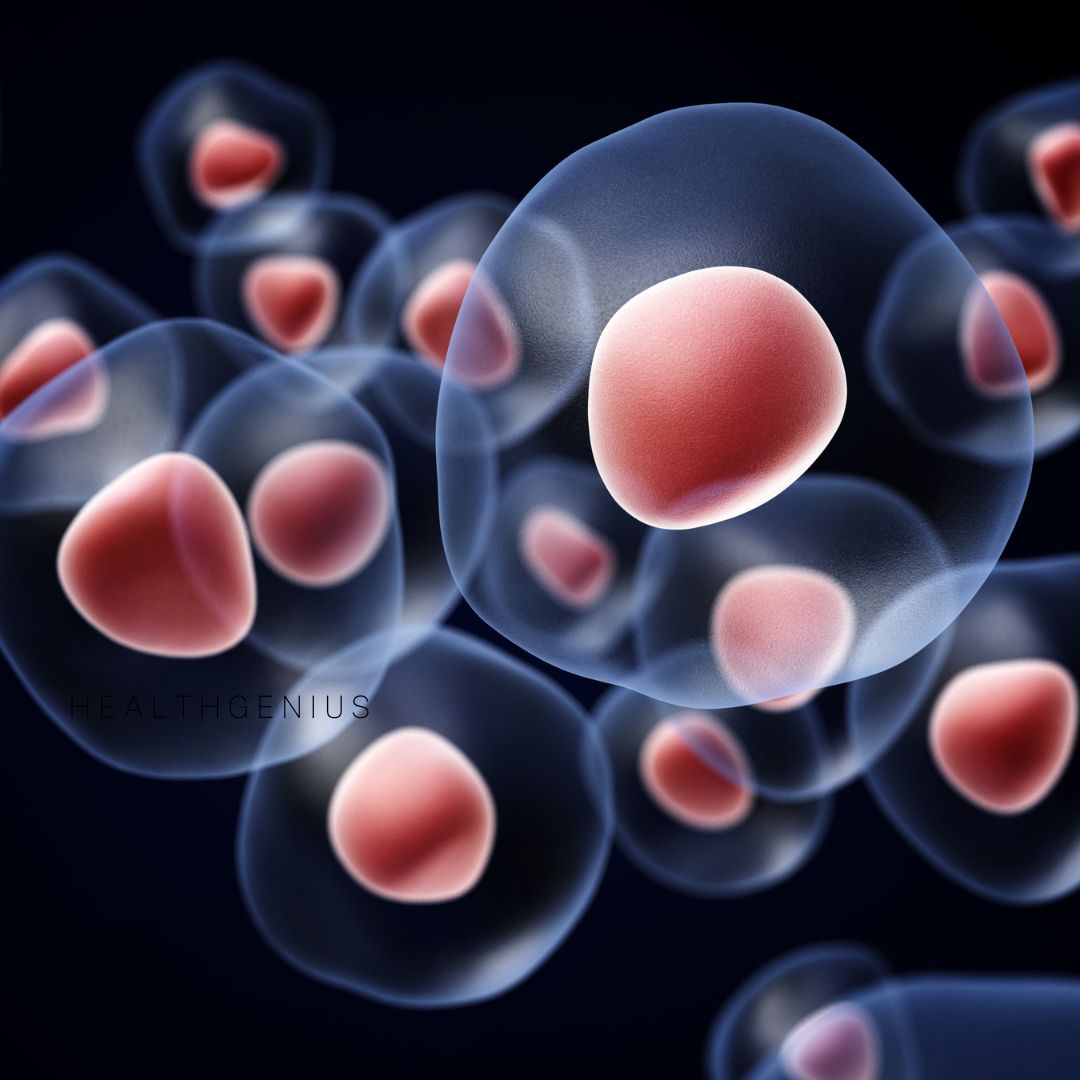
Unlocking the Power of Brown Fat: New Mechanism Discovered to Boost Metabolism and Combat Metabolic Diseases
Share
Special fat cells known as brown adipocytes help maintain body temperature by converting calorie-rich nutrients into heat, which protects against excess weight gain and metabolic disorders. An international team of researchers led by Professor Alexander Bartelt from the Institute for Cardiovascular Prevention (IPEK) has deciphered a novel mechanism that enhances respiration and the metabolic activity of brown fat cells. This discovery, recently published in *The EMBO Journal*, holds promise for future treatments targeting metabolic diseases through brown fat activation.
### Brown Adipocytes and Fat Stores
Brown adipocytes, when activated, burn fat and promote weight loss. In cold conditions, these cells extract energy from stored fat to fuel thermogenesis, a process that consumes significant calories. Bartelt highlights that regular cold exposure can train brown fat, helping individuals stay leaner and less susceptible to diabetes and cardiovascular diseases. Brown fat cells are rich in mitochondria, the organelles responsible for energy production via cellular respiration. However, the specific mechanisms through which brown fat enhances metabolism remain inadequately understood.
### Cold and Thermogenesis
The key molecular mechanism of brown fat is uncoupling protein-1 (UCP1), which shifts cellular respiration from producing ATP (the cell’s energy currency) to generating heat. Bartelt's team hypothesized that cold temperatures regulate this metabolic process. Collaborating with researchers from São Paulo, they discovered that *inhibitory factor 1* (IF1) plays a crucial role in maintaining ATP production instead of allowing heat generation. When temperatures drop, IF1 levels decrease, enabling thermogenesis. Conversely, artificially increasing IF1 disrupts brown fat activation in cold conditions.
### Findings and Future Directions
These insights were obtained through experiments on isolated mitochondria, cultured cells, and animal models. Dr. Henver Brunetta, a key contributor, cautions that while this discovery provides a significant step in understanding thermogenesis, therapeutic applications are still far off. The study suggests that most people underutilize their brown fat, which then becomes dormant. However, the findings indicate the existence of molecular switches that could potentially enhance the functioning of mitochondria in brown fat. Bartelt hopes future research will explore ways to restore mitochondrial function in white fat cells, which are more abundant in most people.
### Brown Adipocytes and Fat Stores
Brown adipocytes, when activated, burn fat and promote weight loss. In cold conditions, these cells extract energy from stored fat to fuel thermogenesis, a process that consumes significant calories. Bartelt highlights that regular cold exposure can train brown fat, helping individuals stay leaner and less susceptible to diabetes and cardiovascular diseases. Brown fat cells are rich in mitochondria, the organelles responsible for energy production via cellular respiration. However, the specific mechanisms through which brown fat enhances metabolism remain inadequately understood.
### Cold and Thermogenesis
The key molecular mechanism of brown fat is uncoupling protein-1 (UCP1), which shifts cellular respiration from producing ATP (the cell’s energy currency) to generating heat. Bartelt's team hypothesized that cold temperatures regulate this metabolic process. Collaborating with researchers from São Paulo, they discovered that *inhibitory factor 1* (IF1) plays a crucial role in maintaining ATP production instead of allowing heat generation. When temperatures drop, IF1 levels decrease, enabling thermogenesis. Conversely, artificially increasing IF1 disrupts brown fat activation in cold conditions.
### Findings and Future Directions
These insights were obtained through experiments on isolated mitochondria, cultured cells, and animal models. Dr. Henver Brunetta, a key contributor, cautions that while this discovery provides a significant step in understanding thermogenesis, therapeutic applications are still far off. The study suggests that most people underutilize their brown fat, which then becomes dormant. However, the findings indicate the existence of molecular switches that could potentially enhance the functioning of mitochondria in brown fat. Bartelt hopes future research will explore ways to restore mitochondrial function in white fat cells, which are more abundant in most people.



